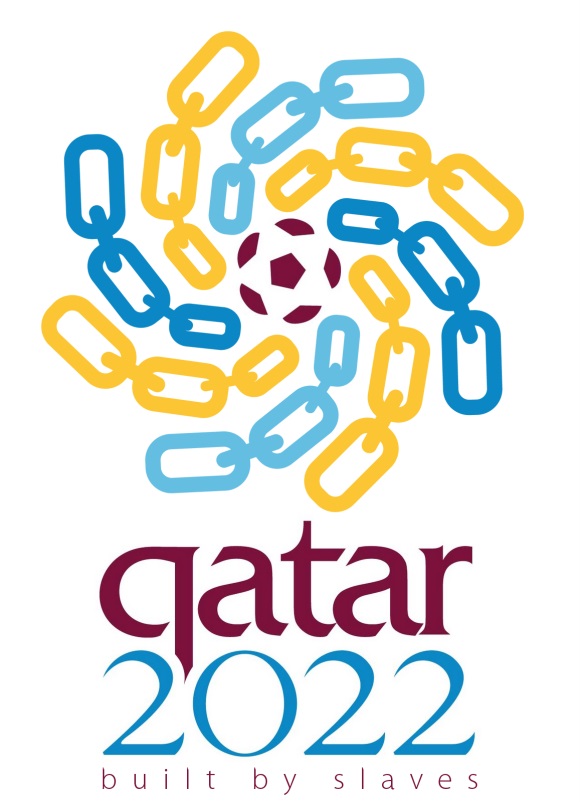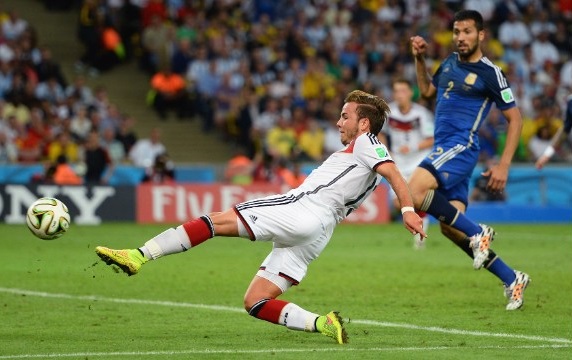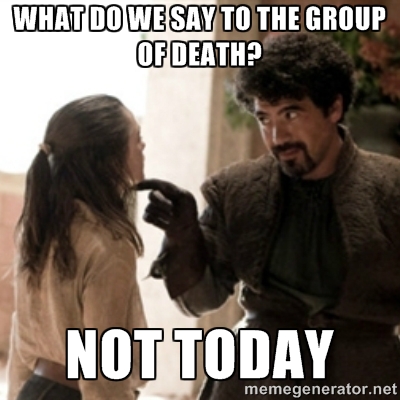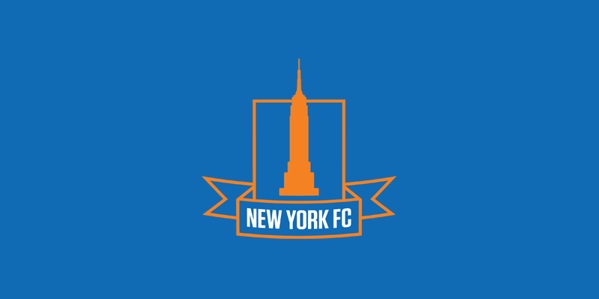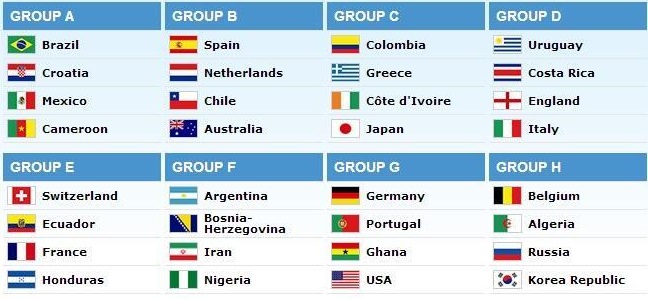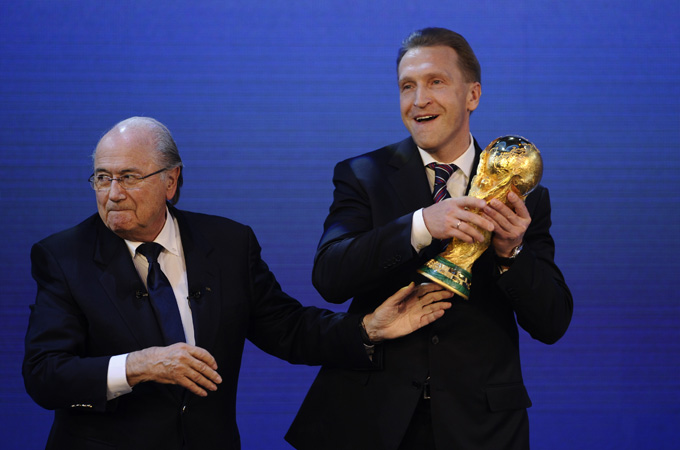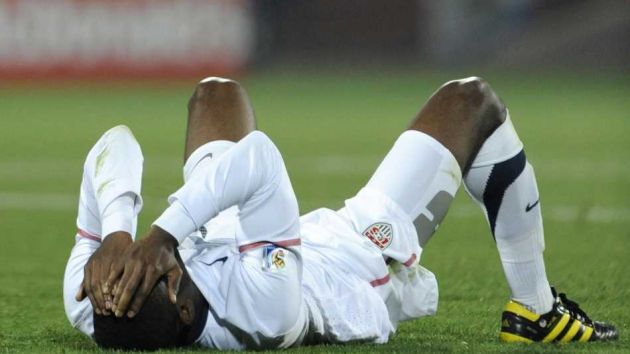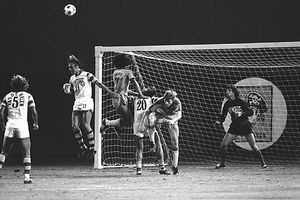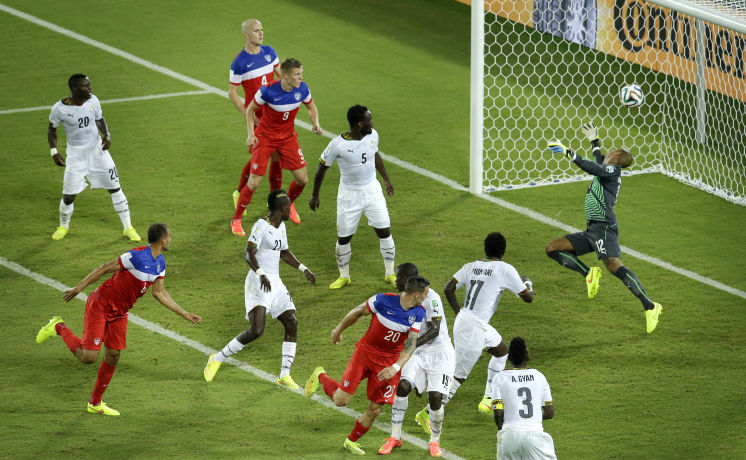 “There was a lot of shade being thrown at DaMarcus Beasley on Twitter, as if it was his fault that the Ghanaians kept bombing down his flank in 2-v-1s and whipping in crosses. You see the math, right? When it’s 2-v-1 on the flank, the best thing you can do as a fullback is coax the opposition into hopeful benders, which is exactly what Beasley did…The US can deal with crosses all day, but you don’t want Geoff Cameron, Besler –- most likely John Brooks now –- or especially Omar Gonzalez having to come out and meet attackers wide.”
“There was a lot of shade being thrown at DaMarcus Beasley on Twitter, as if it was his fault that the Ghanaians kept bombing down his flank in 2-v-1s and whipping in crosses. You see the math, right? When it’s 2-v-1 on the flank, the best thing you can do as a fullback is coax the opposition into hopeful benders, which is exactly what Beasley did…The US can deal with crosses all day, but you don’t want Geoff Cameron, Besler –- most likely John Brooks now –- or especially Omar Gonzalez having to come out and meet attackers wide.”
As the US defeats Ghana 2-1 in their World Cup opener, garnering three critical points in this year’s Group of Death and revenge against the team that knocked us out in 2006 and 2010, MLS Soccer’s Matthew Doyle explains how the US’s risky rope-a-dope strategy worked. (Apparently, hardly ever controlling the ball was our master plan.) “The US invited Ghana forward, and wanted them to play thoughtlessly. Jermaine Jones pushed up the left real high to hunt the ball, and it worked.”
Of course, we also lost critical striker Jozy Altidore, who only broke out of a shooting slump against Nigeria, and whose speed, if nothing else, is needed to stretch the field. Without him, as this article points out, we’re going to have to bunker. And unless we start playing better (looking at you, Michael Bradley), Portugal and especially Germany are going to eviscerate us.
By the way, you’ve probably already figured this out by now, but Univision is streaming all of the games online for free. Accelerate the work day, work on your Spanish, and watch some very exciting futbol so far, all in one fell swoop.
Update “In their last four games – two friendlies and now the two group stage games – the US have conceded four goals after the 80th minute…They are sloppy in possession down the stretch, and even worse in closing down running lanes. All the precision you saw from this team through the first 80 minutes disappeared over the final 10.”
So Bradley did play better in Game 2’s almost-upset of Portugal…for 94 minutes. Sigh…well, we still have four points — hopefully the high-powered Germans will agree to a gentlemanly draw on Thursday.
